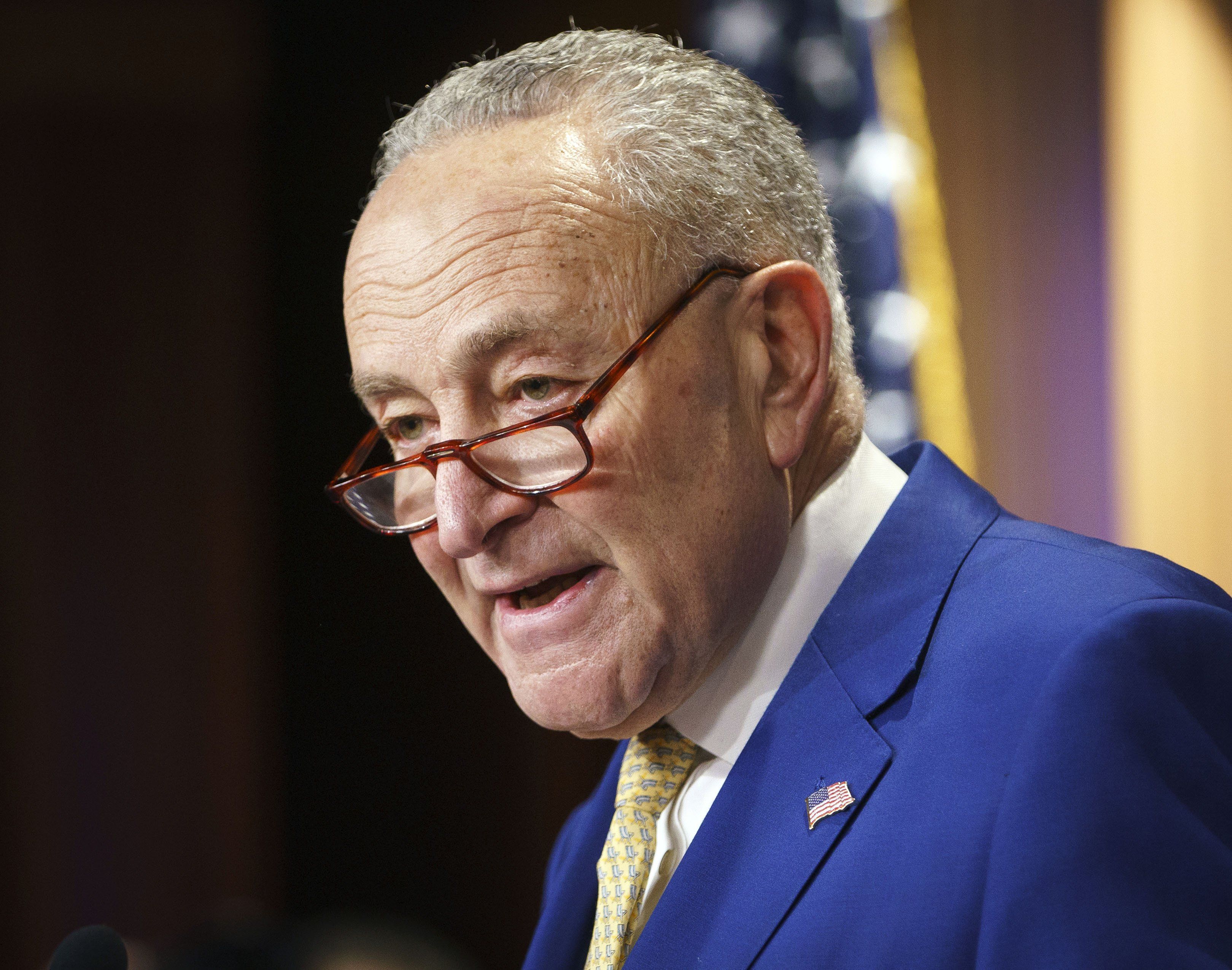A $95 billion bill including aid for Ukraine, Israel, and Taiwan passed with bipartisan support in the Senate on Tuesday in a 70-29 vote.
This occurred despite strong objections from former President Donald Trump – the likely 2024 GOP presidential nominee and de facto head of the Republican Party.
Trump builds a wall against foreign aid. Trump argues that the US should only offer foreign aid in the form of a loan, and his stance on the legislation could help tank it in the GOP-controlled House.
Schumer the optimist. House Speaker Mike Johnson on Monday pooh-poohed the foreign aid bill because it doesn’t include provisions to boost border security – an issue that’s created a logjam in Congress for months.
But just last week, Republicans killed bipartisan legislation that lumped the issues together after Trump urged them to do so, warning it could help Democrats in the 2024 election.
Despite these obstacles, Majority Leader Chuck Schumer on Tuesday said he’s confident that if Johnson does “the right thing” and brings the bill to the floor, it would pass with bipartisan support. Minority Leader Mitch McConnell also said he hopes Johnson doesn’t block the bill from consideration.
Up to this point, every Ukraine aid vote has received support from at least 73% of the lower chamber.
